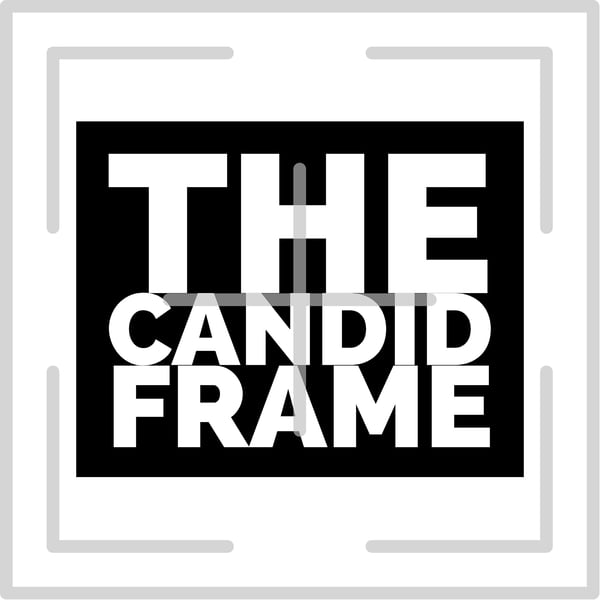TCF Ep. 487 - Elliott Kaufman
The Candid Frame: Conversations on Photography
Ibarionex R. Perello
4.8 • 749 Ratings
🗓️ 14 October 2019
⏱️ 54 minutes
🧾️ Download transcript
Summary
Transcript
Click on a timestamp to play from that location
| 0:00.0 | Here in the U.S., we have exported many things to the world, not least of which has been culture. |
| 0:16.0 | Whether it's music, film, television, or imagery, we have made the way we experience our lives in the |
| 0:22.7 | States its own commodity. And there are certain things that are inherently American and could |
| 0:29.6 | only be fully experienced here in the States. One of those things was and is the American |
| 0:36.7 | diner. Begun around the turn of the century is the American diner. |
| 0:38.3 | Begin around the turn of the century, the original diners were actually converted rail cars |
| 0:44.3 | that were drawn by horses to serve blue-collar workers, largely immigrants, a quick and affordable bite to eat. |
| 0:52.3 | After World War II, diners appeared across the country, especially with |
| 0:56.3 | the blossoming of car culture and newly built American highways. In the early 70s, Elliot Kaufman, |
| 1:03.3 | then a young photographer, began a personal project, documenting some of the classic diners |
| 1:09.0 | that had yet to be supplanted by fast food chains. |
| 1:13.2 | The five-year project resulted in a book and an exhibit, which helped to launch his career |
| 1:19.2 | as a commercial photographer. However, to the frequenters of those diners during that time, |
| 1:24.9 | he likely appeared to be just a boy with a camera and a big idea. |
| 1:29.7 | I kept going back, and I kept going back, and they knew that I was serious. |
| 1:34.7 | Oh, yeah, I want to do a book on diners, you know, and they go, oh, yeah, who's this kid? |
| 1:38.9 | You know, but I was a kid at that stage in time, but I kept coming back. |
| 1:45.2 | And I would come back and I would give them a print of what I had taken of them or of the |
| 1:51.2 | diner. |
| 1:52.1 | And they put it up on the sandwich board, you know, the way they would put different |
| 1:56.4 | pictures of the family on the sandwich board. |
| 1:58.2 | They put my photo of the diner up there. |
... |
Please login to see the full transcript.
Disclaimer: The podcast and artwork embedded on this page are from Ibarionex R. Perello, and are the property of its owner and not affiliated with or endorsed by Tapesearch.
Generated transcripts are the property of Ibarionex R. Perello and are distributed freely under the Fair Use doctrine. Transcripts generated by Tapesearch are not guaranteed to be accurate.
Copyright © Tapesearch 2025.

